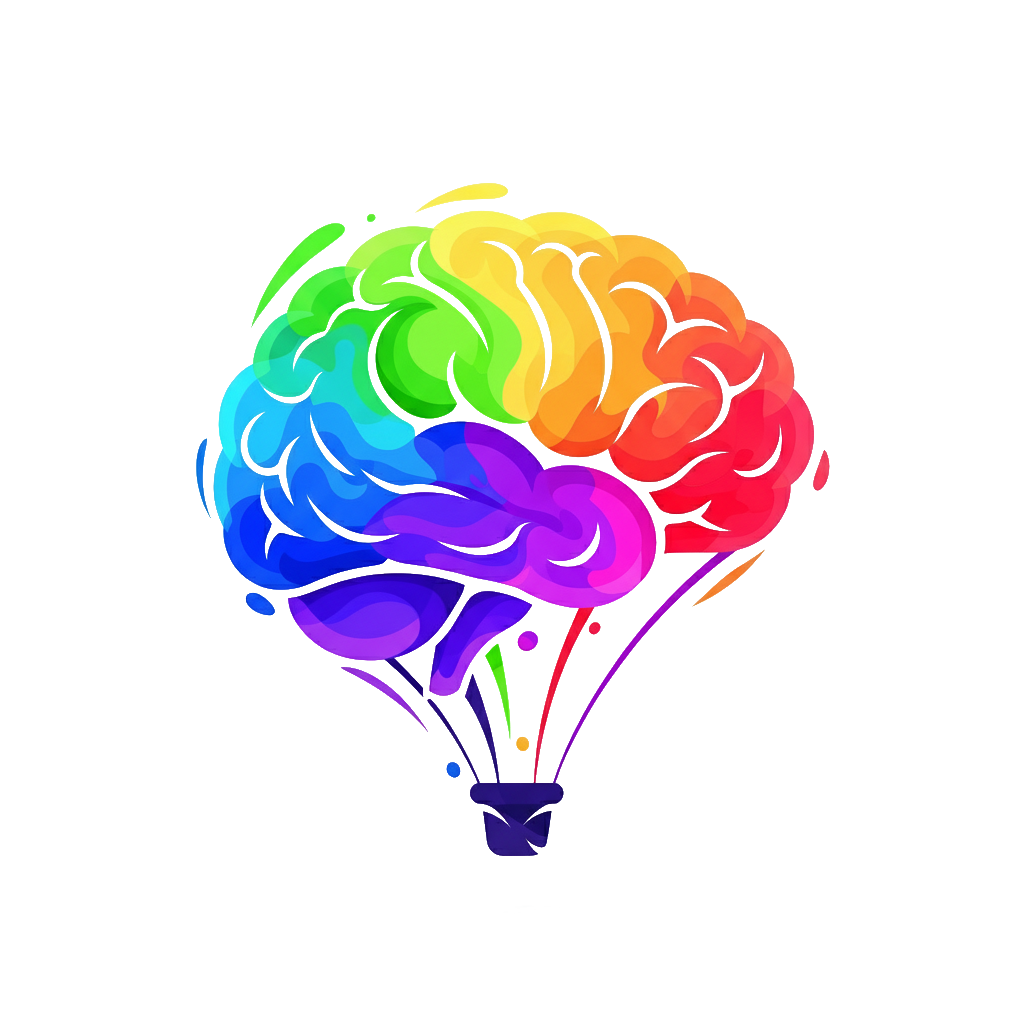One-on-one psychotherapy, often called “talk therapy” or just “therapy,” is a collaborative and confidential treatment process designed to help individuals explore their thoughts, feelings, and behaviors. It is grounded in the relationship between a trained mental health professional (such as a psychologist, psychiatrist, licensed clinical social worker, or professional counselor) and a client. The primary goal is to help people overcome personal challenges, manage mental health symptoms, and improve their overall well-being.
The process involves regular sessions (typically weekly or bi-weekly) where the client speaks with the therapist in a safe, supportive, and non-judgmental environment. The therapist uses established psychological principles and techniques to help the client gain insight, develop coping strategies, and make positive changes in their life.
Why Psychotherapy is a Helpful Mental Health Resource
The effectiveness of talk therapy lies in its multi-faceted approach to mental and emotional health. Here are the key reasons why it is such a valuable resource:
1. Provides a Safe and Confidential Space
Therapy offers a unique environment where you can express yourself with complete honesty without fear of judgment, criticism, or consequences in your personal or professional life. This confidentiality is protected by law and is essential for building the trust needed to explore sensitive topics.
2. Fosters Self-Awareness and Insight
A primary goal of therapy is to help you understand yourself better. A therapist can help you identify recurring patterns in your thoughts, feelings, and behaviors that you may not recognize on your own. By exploring past experiences and their connection to your present life, you can gain profound insight into why you feel and act the way you do.
3. Develops Concrete Coping Skills
Therapy is not just about talking; it’s about learning. Therapists equip clients with practical, evidence-based tools and strategies to manage specific problems. These can include:
- Stress management techniques like mindfulness and relaxation exercises.
- Emotional regulation skills to handle anger, sadness, or anxiety.
- Cognitive restructuring to challenge and change negative thought patterns (a cornerstone of Cognitive Behavioral Therapy or CBT).
- Interpersonal skills to improve communication and set healthy boundaries in relationships.
4. Offers an Unbiased, Professional Perspective
While friends and family can provide support, they are inherently biased and emotionally involved in your life. A therapist is a trained, objective professional whose only goal is your well-being. They can offer insights and observations that are free from personal opinions or expectations, helping you see your situation more clearly.
5. Facilitates Lasting Behavioral Change
By understanding the roots of your behaviors and learning new skills, you are empowered to make meaningful and lasting changes. Therapy provides the accountability and support needed to break destructive habits (like substance use or self-sabotage) and build healthier, more productive ones.
6. Improves Relationships
Many personal struggles are linked to or impact our relationships. Therapy can help you understand your role in relationship dynamics, improve your communication skills, and learn how to resolve conflicts constructively. This can lead to stronger, healthier connections with partners, family, and friends.
7. Proven Effectiveness for Mental Health Conditions
For specific mental health diagnoses such as depression, anxiety disorders, PTSD, OCD, and eating disorders, various forms of psychotherapy are considered first-line, evidence-based treatments. Modalities like Cognitive Behavioral Therapy (CBT), Dialectical Behavior Therapy (DBT), and Eye Movement Desensitization and Reprocessing (EMDR) have been rigorously studied and proven to be highly effective.
8. Promotes Personal Growth and Fulfillment
Therapy is not just for people in crisis. It is also a powerful tool for personal development. It can help you clarify your values, set meaningful goals, build self-esteem, and navigate life transitions, ultimately leading to a more fulfilling and purpose-driven life.
In summary, psychotherapy is a powerful and versatile resource that helps individuals heal from past wounds, manage current challenges, and build a more resilient and satisfying future. It combines the supportive element of a human connection with scientifically-backed strategies for change.
Visit this page for information on Psychedelic-Assisted Psychotherapy (PAP).

